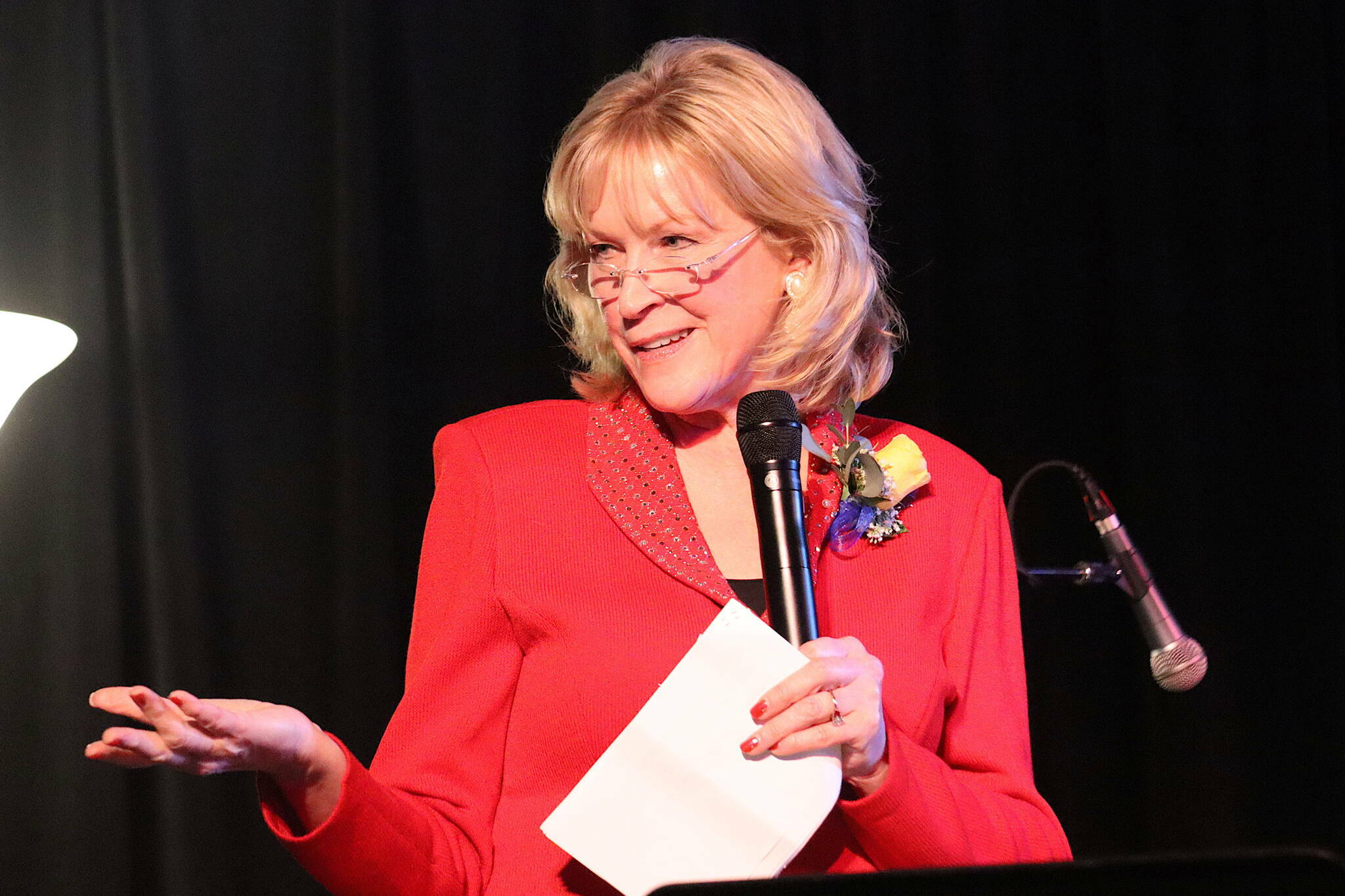Turnout was understandably low in last week’s primary election. The results were almost meaningless. With the exception of the race for Alaska’s lone seat in the U.S. House of Representatives and two state legislative seats, every other candidate who was on the ballot was guaranteed they’d advance to the general election.
Unless they pledged to drop out of the race if they finished behind another candidate from the same party.
That’s what Republican candidate Nick Begich III did in the congressional race. It was a strategy that may have boosted him to a second-place finish over Lt. Gov. Nancy Dahlstrom, his main Republican opponent.
They were two of the three viable candidates in this race. Democratic incumbent Mary Peltola is the third.
The rest of the field included two Republicans, one member of the Alaska Independence Party, and five candidates registered as nonpartisan or unaffiliated with any party. They all seriously lacked significant endorsements, campaign funds and name recognition. They spilt the less than 3% of the vote that didn’t go to Peltola (50.7%), Begich (26.6%) and Dahlstrom (20.0%).
When Begich made his pledge in April, he explained the logic behind it. “For those who are not a fan of ranked choice voting — and I consider myself one of those people — we can self-impose a primary among the Republicans, if we make that commitment.”
Dahlstrom didn’t.
That created different incentives for their supporters to vote on primary day. People backing Begich understood he had to finish ahead of Dahlstrom or he wouldn’t be on the ballot in November. They wanted to help him beat her.
Dahlstrom implied that everyone should trust that the process could work to her benefit. They could be confident she’d advance to the general election. Even if she finished third in the primary, the strength of the endorsements she received from Donald Trump and Gov. Mike Dunleavy could vault her into second place in November when far more votes would be cast. Then she could hope to win by picking up almost all of Begich’s votes from the ranked choice reallocation process.
In other words, many of her supporters had reason to be confident that only the general election mattered.
There’s no way of knowing if Begich’s pledge significantly improved his performance. Or if complacency among Dahlstrom’s supporters had the opposite effect. But three days after finishing third, she dropped out, effectively giving Begich the self-imposed Republican primary he wanted.
The general election will now essentially be a contest between one Democrat and one Republican like it aways was before 2022 when ranked choice went into effect.
The other two candidates who will be on the ballot are Matthew Salisbury, a Republican, and John Wayne Howe of the Alaskan Independence Party. Even though they’re likely to take a small number of votes away from Begich, ranked choice prevents them from acting as spoilers. In a very close race in which neither he nor Peltola top 50%, it may be the redistributed votes from Salisbury and Howe that sends him to Congress.
If that happens it’ll be hard for anyone to argue that ranked choice gives an edge to Democrats.
And it doesn’t in state legislative races either. Of the 50 seats up for grabs this year, ranked choice might play a role in only 15. More than half are either solidly Republican, or solidly Democrat like Senate District H.
In that race, incumbent Democratic Sen. Matt Claman got 60% of the vote. Republican Tom McKay, who currently represents District 15 in the House, finished well behind him with 21%. Republican Liz Vasquez had 19%.
Despite finishing second, McKay dropped out. “I’ve been convinced that having two Republicans against one Democrat in this ranked choice voting scheme is not a good idea for our party,” he said.
Ranked choice had nothing to do with his decision. He didn’t want to invest in a campaign only to concede to Claman in November.
When Republicans lose, it’s because they’re not as popular as they pretend to be. Democrats are dominant in Senate District H. And only a quarter of all the registered voters in Alaska are Republicans.
But like the leader of their party who still denies he lost in 2020, it’s easier to claim the system is rigged against them than admit to being losers.
• Rich Moniak is a Juneau resident and retired civil engineer with more than 25 years of experience working in the public sector. Columns, My Turns and Letters to the Editor represent the view of the author, not the view of the Juneau Empire. Have something to say? Here’s how to submit a My Turn or letter.

